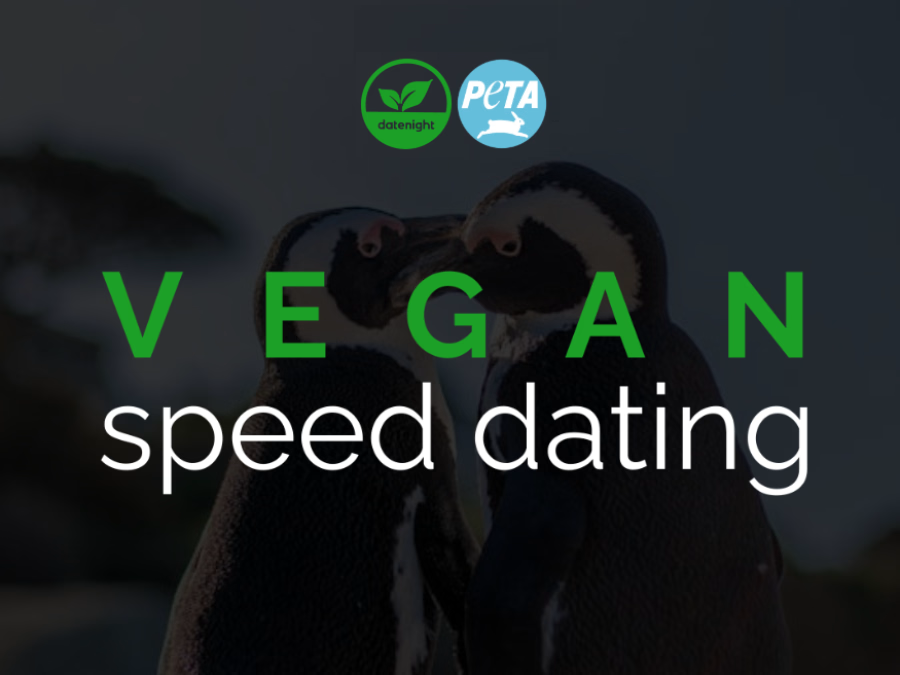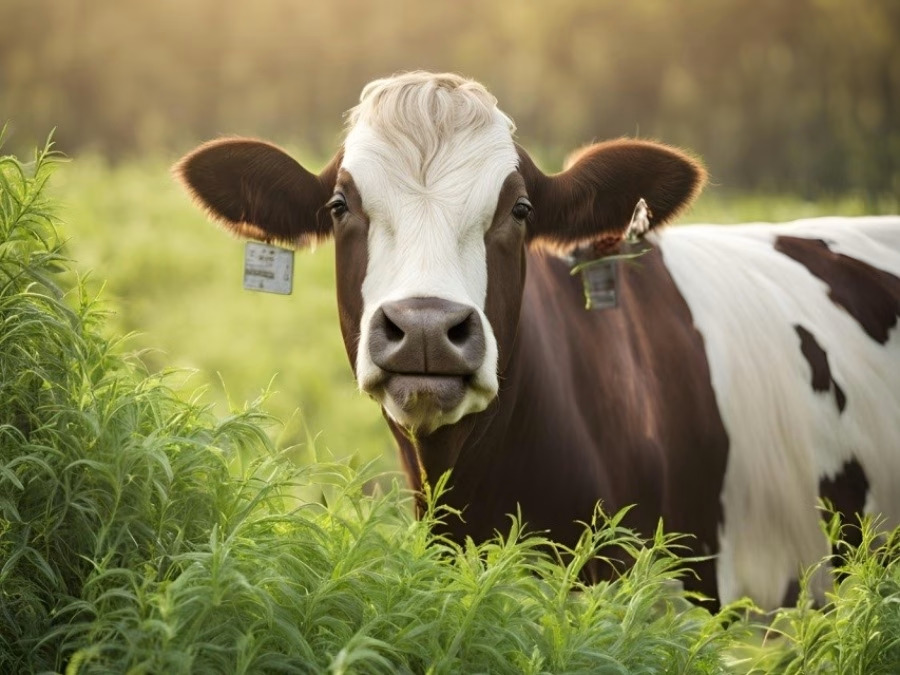China's burgeoning demand for beef has catapulted it to the top of the global import charts, with Brazil emerging as its prime supplier. The trade volume between these two nations is unparalleled, dwarfing all other international beef trade routes, as outlined in United Nations Comtrade data.
The Rising Tide of Beef Consumption in China
In my exploration of global dietary trends, one particularly striking development has caught my attention: the dramatic rise in beef consumption in China. This phenomenon is more than just a shift in dietary preferences; it reflects profound socio-economic changes in Chinese society. As incomes have risen, so too has the demand for what was once considered a luxury item. This trend is indicative of China's rapid economic growth and its evolving global influence. However, the implications of this increase in beef consumption extend far beyond culinary preferences. They touch upon issues of sustainability, global trade dynamics, and environmental impacts, creating a ripple effect that reaches the most remote corners of our planet.
Environmental and Ethical Concerns in Brazil's Beef Exports
Brazil's status as the world's primary beef supplier to China is central to this narrative. However, this role comes with significant environmental and ethical costs. The expansion of cattle ranching in Brazil, necessary to meet this growing demand, is one of the leading causes of deforestation in the Amazon rainforest. This destruction goes beyond the mere felling of trees; it represents a profound loss of biodiversity, threatens the existence of indigenous communities, and disrupts vital ecological balances. The Amazon rainforest, often referred to as the Earth's lungs, plays a crucial role in regulating the global climate. Its degradation due to cattle ranching raises urgent questions about the sustainability of our food systems and the ethical implications of our dietary choices. The environmental cost of Brazil's beef exports is a stark reminder of the interconnectedness of our global ecosystem and the need for more sustainable practices in agriculture and food production.
PMI Foods: A Catalyst in the Global Beef Trade
PMI Foods, with its substantial role in the global beef trade, particularly between Brazil and China, is a critical player in this narrative. Their operations, while not immediately apparent to the average consumer, have far-reaching implications. The company's business model of facilitating and profiting from the beef trade has significant environmental ramifications, especially concerning the Amazon rainforest. Their activities link the consumer markets in China directly to the environmental degradation in Brazil. This relationship illustrates the complex and often hidden connections within our global food systems, where companies like PMI Foods play a pivotal role. The environmental impact of their operations raises important questions about corporate responsibility and the role of such companies in driving or mitigating climate change and environmental degradation.
The Overlooked Aspect of Animal Cruelty in Beef Production
Beyond the environmental impact, there's a darker aspect of the beef industry that often goes unnoticed: animal cruelty. The large-scale beef production operations, especially in countries like Brazil, frequently involve practices that are inhumane and cause immense suffering to animals. These include overcrowding, insufficient veterinary care, and harsh treatment during transportation and slaughter. These conditions are not just concerns for animal welfare activists; they pose serious ethical questions for all of us as consumers. The suffering of these animals is a hidden cost of the beef on our plates, a cost that is often overlooked in discussions about the beef industry. Understanding the realities of how our food is produced is essential, as it allows us to make more informed and ethical choices about our consumption. The way animals are treated in the beef production process is a reflection of our values as a society and challenges us to consider the impact of our dietary choices on the well-being of other living creatures.
In-Depth Examination of Animal Welfare in Brazilian Beef Production
Delving deeper into the conditions of Brazilian cattle ranches exposes some harrowing truths. These establishments often operate under circumstances that prioritize profit over animal welfare. Animals are frequently kept in overcrowded pens, lacking adequate space to move freely or access natural behaviors. The absence of proper veterinary care and humane handling techniques exacerbates their plight. Transport and slaughter methods are often brutal, causing unnecessary stress and pain to the animals. These practices not only represent a severe breach of animal welfare standards but also raise fundamental ethical concerns. It challenges us to confront the realities behind our food choices and consider the moral implications of supporting industries that perpetuate such cruelty. This exploration into the conditions on Brazilian cattle ranches is a call to action, urging us to advocate for better standards and practices in the meat industry and to reconsider our own dietary habits in light of these findings.
Understanding Our Global Impact and Responsibility as Consumers
The global nature of the beef industry means that our choices as consumers have far-reaching effects. When we purchase beef, we may inadvertently support practices that contribute to environmental degradation and animal cruelty, often in distant parts of the world. Our decisions have consequences, not just for our immediate environment but for ecosystems and animal populations globally. This interconnectedness necessitates a reevaluation of our consumption habits. It invites us to consider the broader implications of our food choices, to seek out more sustainable and ethical alternatives, and to support practices that prioritize the health of our planet and the welfare of all its inhabitants. As consumers, we have the power to drive change through our purchasing decisions. By choosing products that align with sustainable and humane practices, we can contribute to a more ethical and environmentally friendly food system.
Navigating the Ethical Dilemma of Beef Consumption
Confronting the ethical dilemma of beef consumption is a complex and challenging task. It requires us to balance our dietary preferences with the realities of environmental impact and animal welfare. This balancing act is not straightforward; it involves grappling with questions about the sustainability of our food systems, the ethics of animal treatment, and the broader impact of our dietary choices on the planet. As informed consumers, we must strive to understand the origins of our food and the conditions under which it was produced. This understanding is crucial for making choices that align with our values and beliefs. It's about more than just what we eat; it's about being conscious of the broader implications of our dietary habits and making decisions that reflect our commitment to sustainability, compassion, and ethical living. Navigating this ethical landscape requires awareness, empathy, and a willingness to engage with complex issues that affect our world.
Conclusion
Sharing these insights with you, I hope to foster a deeper understanding of the complexities surrounding our food choices. The narrative of PMI Foods, the Amazon rainforest, and the widespread suffering in the beef industry is not just a story of corporate practices and environmental policies. It's a reminder of our interconnectedness and our collective responsibility towards our planet and its inhabitants. This journey into the heart of the beef industry challenges us to consider the full impact of our dietary choices and to take action towards creating a more sustainable and compassionate world. It's a call to each one of us to reflect on our role in this global narrative and to make choices that contribute to the well-being of our planet and all its living beings.
Encourage reader comments
In light of these revelations, I urge you to join the conversation and share your thoughts. How can we, as a global community, address the dual challenge of environmental preservation and animal welfare in our food systems? What steps can we take to make more ethical and sustainable choices in our daily lives? Your insights, experiences, and actions can make a significant difference. Let's engage in this vital dialogue and work together towards a more responsible and caring world.




















